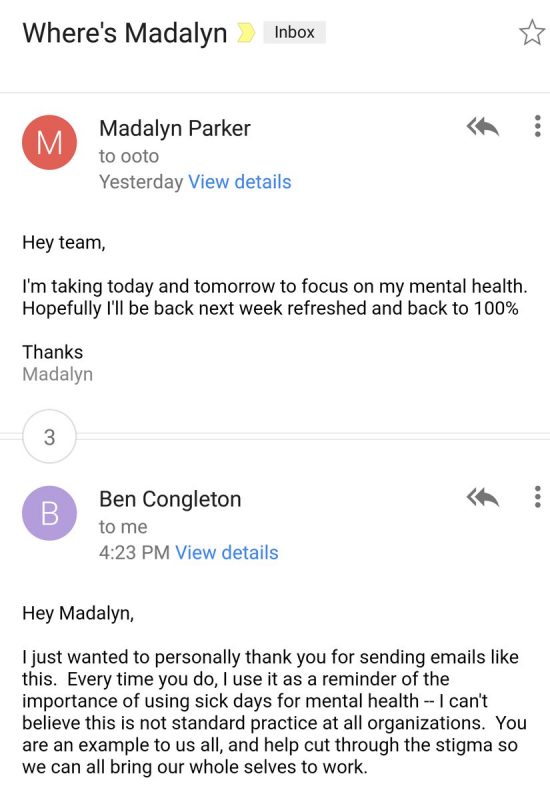The Role of Occupational Mental Health In Talent Acquisition and Retention
Talent management is getting tougher, but there are significant advantages for business leaders that actively embrace occupational mental health

Historic attitudes to mental health made it a social taboo, especially in the workplace. But that has all changed in recent years. High achievers are now drawn to the companies that empower them with a multitude of incentives, particularly by providing excellent occupational mental health support.
With the number of people affected by mental health issues set to rise in the coming years, occupational mental health will continue to be critical. Companies must update their archaic policies or risk becoming irrelevant to potential hires.
Disrupting Mental Health Stigma
According to the Time to Change campaign, public attitudes to mental health have improved by 9.6% since 2009. The effects of this are becoming clearer to see, partly with the help of social media. A screenshot of an email exchange went viral in 2017 after a CEO congratulated an employee for taking a sick day to benefit her mental health. But occupational mental health involves much more than endorsing the occasional ‘sick day’.

For organizations to remain competitive, they must become psychologically healthy. Companies like Google manage this exceptionally well. Talented employees at the tech giant in particular often share their positive experiences through employee advocacy.
How do companies like Google achieve this?
The Psychologically Healthy Workplace
Outputs drive company productivity and profitability, which is something that Google’s Former CHRO Liane Hornsey noted in her interview with GDS. Hornsey suggests that with high performing talent, it is therefore not necessary to measure employee absenteeism at all. So long as desired outcomes are rigorously assessed and achieved on time, absences do not matter.
Work life balance is essential to occupational mental health according to the American Psychological Association’s (APA) Center for Organizational Excellence. Google fosters one of the most flexible workplace cultures in the world. In this regard, the company actively promotes a healthy environment for its employees.
Achieving Work Life Balance?
Employees may be in dire need of work life balance, but it is not easy to justify when attitudes refuse to evolve. In the UK, the Mental Health Foundation states that achieving work life balance is the greatest occupational mental health challenge to the general population.
There is no evidence to support that longer hours increase productivity. According to the Harvard Business Review, the reverse is actually true. Longer hours cause more mistakes, health issues and burnout syndrome in more workers. The combination of these problems can erode the loyalty of even the most dedicated employees.
“Burned out employees are… 2.6 times more likely to be actively searching for a new job.” – Gallup study
Work Burnout
A recent report from Gallup identified the critical consequences of work burnout. Burned-out employees were up to 63% more likely to take sick leave. The study also found up to two-thirds of full-time staff currently experience work burnout.
A complementary study conducted by Kronos found that 46% of HR leaders claimed employee burnout was responsible for up to half of their annual staff turnover. In the same study, 87% of respondents listed improved retention rates as a high priority. Occupational mental health is not only crucial for attracting talent, but it is directly related to business goals.
Mental Health in 2020
The good news for companies that embrace occupational mental health is twofold. On the one hand, significant evidence shows that companies can act now to better attract and retain talent. Simultaneously, the stubbornness of other organizations to adapt leaves forward-looking organizations with a significant competitive advantage.
GDS Group hosts experts to help experts. We strive to provide an atmosphere for our attendees that enables them to confidently lead their companies through major transformation projects. For information on upcoming events, view our Technology Summits and Executive Events. To remain current on our activities, visit GDS Group on LinkedIn | Facebook | Twitter.



